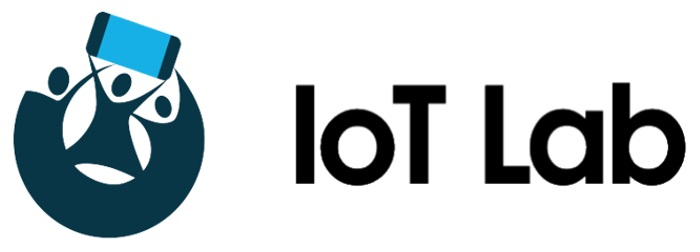IoT Lab was born in the European research programme and continues to have close link with the European research programme directly and indirectly through its core members, such as Mandat International, Archimede Solutions, UDGA and Device Gateway (collectively referred to as IoT Lab researchers). Here are a few examples of European research projects funded by the European Commission:
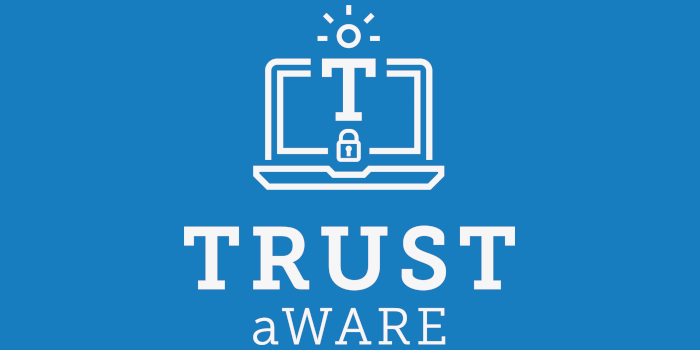

https://slices-sc.eu

SLICES-DS aims at providing a complete design study for SLICES, a Europe-wide test-platform designed to support large-scale, experimental research on digital infrastructures. IoT Lab researchers support data protection, standardization, open data and data management.
https://slices-ds.eu

https://odin-smarthospitals.eu
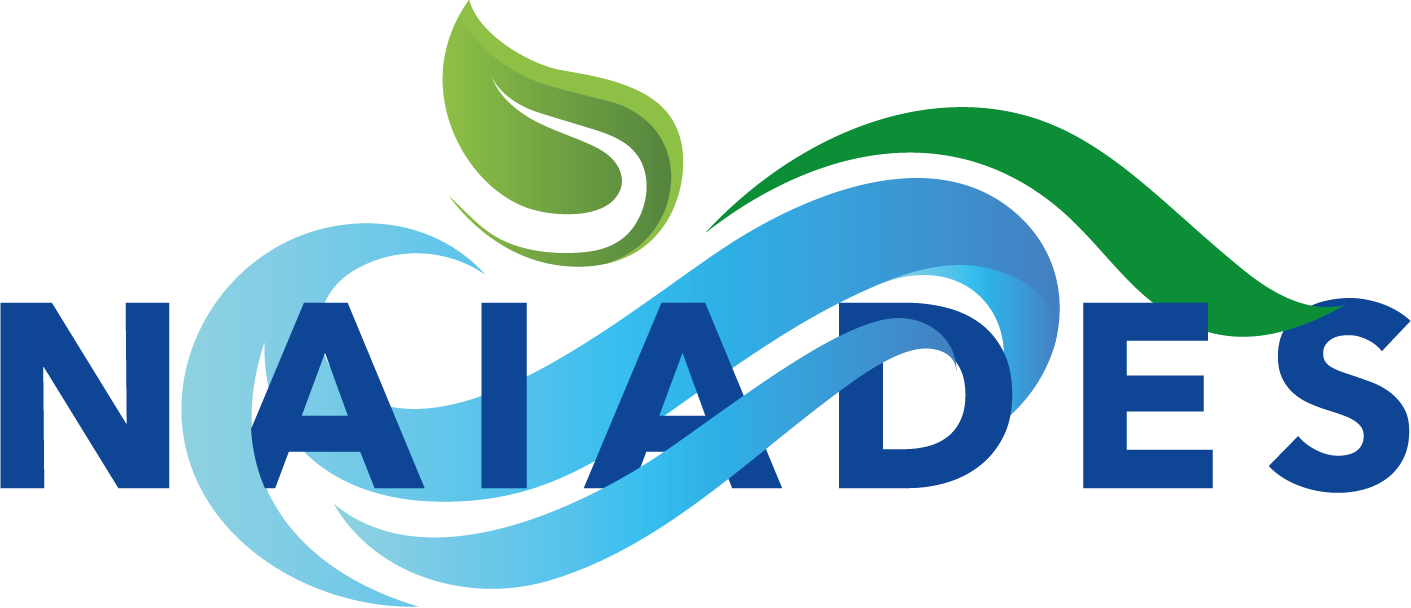
https://naiades-project.eu

https://www.fed4fire.eu
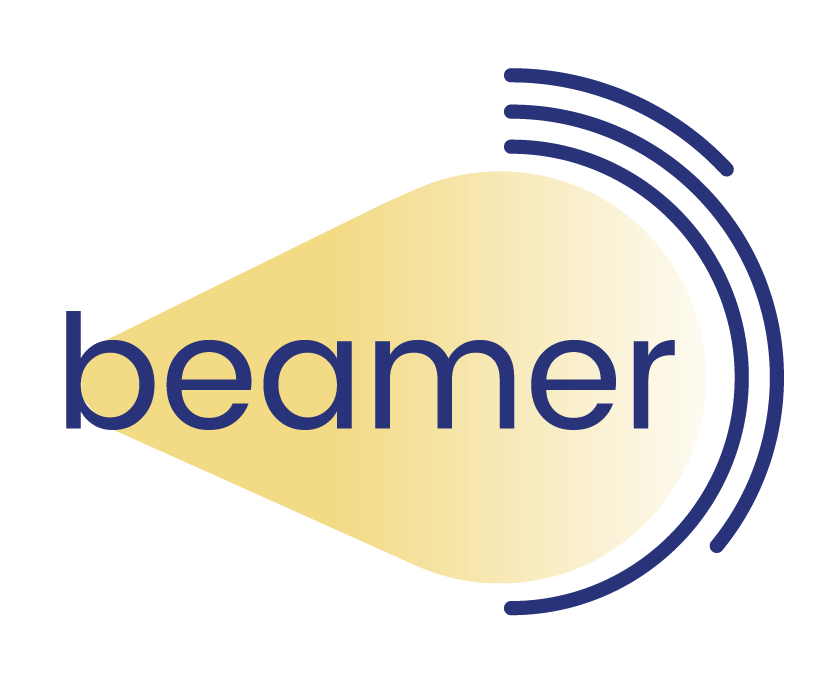
https://beamerproject.eu

https://www.gatekeeper-project.eu
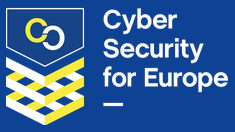
https://cybersec4europe.eu

https://platoon-project.eu

https://www.iotlab.eu

https://synchronicity-iot.eu

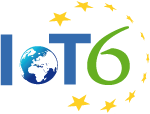
https://iot6.eu/
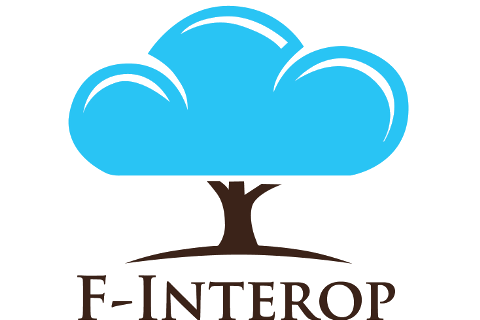
Your Title Goes Here
https://www.f-interop.eu
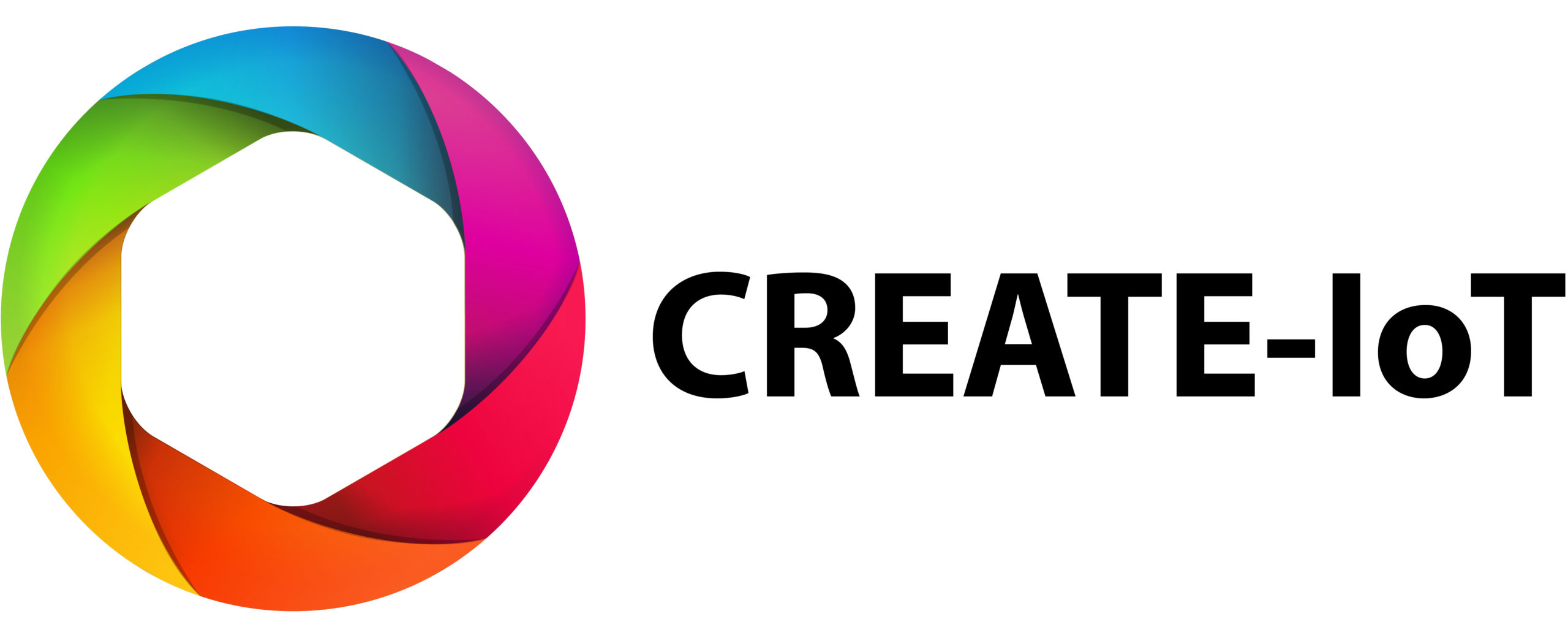
https://european-iot-pilots.eu/create-iot

https://project-saint.eu

http://www.anastacia-h2020.eu

https://5g-pagoda.aalto.fi

https://5g-drive.eu

EXCITING aimed at supporting the creation of favorable conditions for research cooperation between the European and Chinese research and innovation ecosystems with a focus on Internet of Things (IoT) and 5G.
https://euchina-iot5g.eu


Your Title Goes Here
https://www.ngiot.eu
